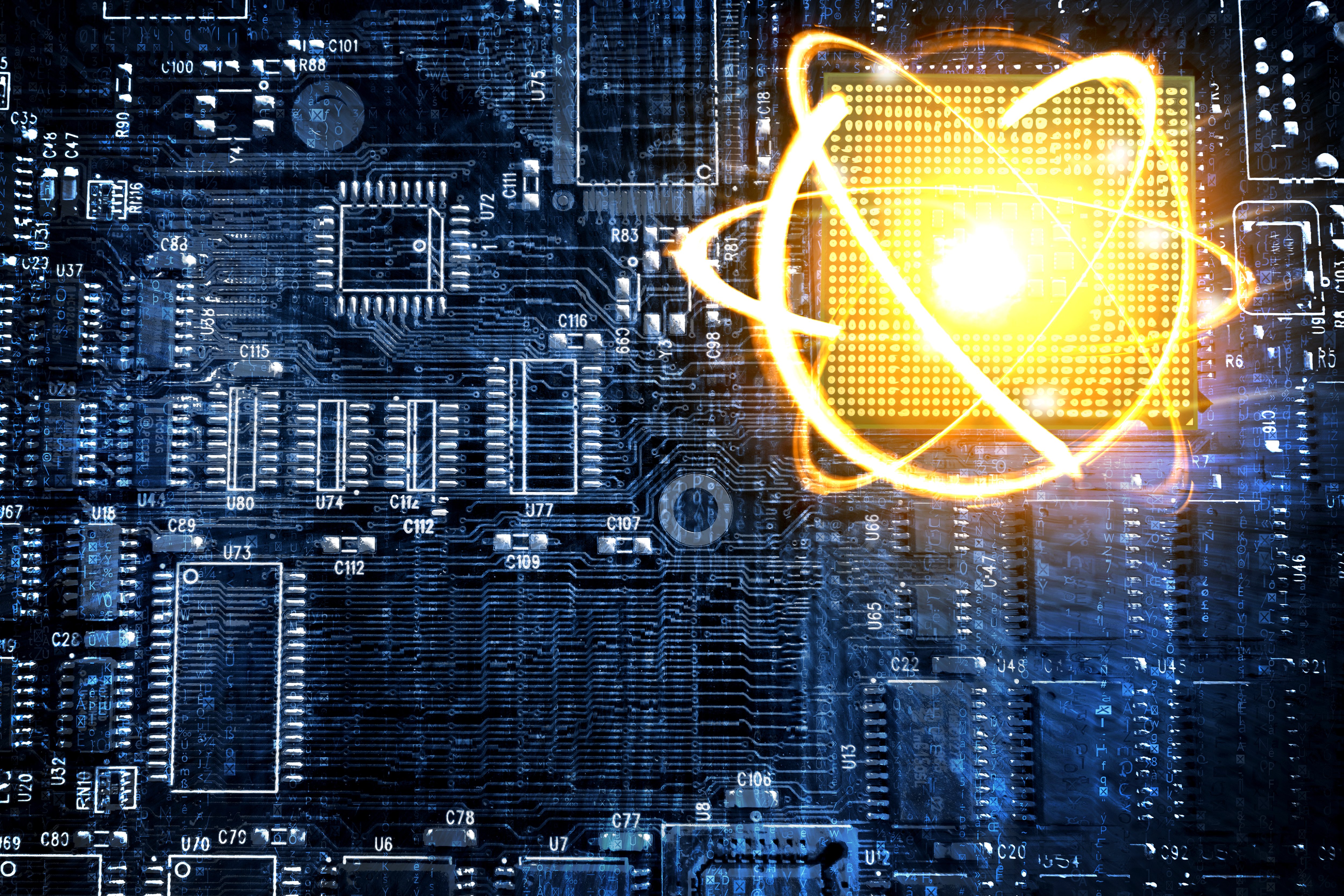Quantum computing, a frontier of innovation that transcends classical computing boundaries, is witnessing a surge of advancements and breakthroughs. As researchers and companies push the boundaries of what's possible, the latest quantum computing news unveils a landscape of discoveries, achievements, and the promise of transformative technologies. In this exploration, we navigate through the recent developments in the quantum computing realm, shedding light on the milestones that are shaping the future of computation.

1. Quantum Supremacy Milestones:
One of the most notable recent developments in quantum computing is the achievement of quantum supremacy by leading research institutions and tech giants. Quantum supremacy is a watershed moment where a quantum computer outperforms the most advanced classical supercomputers in a specific task. Google's announcement of achieving quantum supremacy in 2019 with their 53-qubit Sycamore processor marked a historic milestone, showcasing the potential of quantum computing to solve complex problems at unprecedented speeds.
Since then, other players in the field, including IBM and Rigetti Computing, have made significant strides in demonstrating quantum supremacy. These achievements underscore the growing maturity of quantum hardware and the feasibility of harnessing quantum advantage in practical applications.
2. Quantum Cloud Services:
A notable trend in recent quantum computing news is the rise of quantum cloud services. Companies like IBM, Microsoft, and Rigetti have introduced cloud-based platforms that allow users to access quantum processors and experiment with quantum algorithms without the need for sophisticated hardware on-site. This democratization of quantum computing resources is accelerating research and development in the quantum space, fostering collaboration and innovation across diverse industries.
Researchers, scientists, and even curious enthusiasts can now run quantum algorithms, test quantum applications, and gain hands-on experience with quantum computing through user-friendly cloud interfaces. This accessibility is instrumental in building a broader quantum computing community and accelerating the pace of discovery.
3. Quantum Software Ecosystem:
The evolution of quantum hardware is complemented by a thriving quantum software ecosystem. In recent news, there has been a surge in the development of quantum programming languages, algorithms, and software tools that facilitate the design and execution of quantum computations. Companies like Qiskit (IBM), Cirq (Google), and Quipper (Microsoft) are actively contributing to this ecosystem, providing developers with the tools they need to harness the power of quantum computing.
Open-source quantum software frameworks, such as Qiskit and Cirq, are fostering collaborative research efforts and enabling the global quantum community to build upon each other's work. This collaborative spirit is crucial in overcoming the challenges associated with quantum error correction, algorithm optimization, and the development of practical quantum applications.
4. Quantum Hardware Innovations:
Quantum hardware advancements continue to make headlines in the latest quantum computing news. Researchers are exploring novel approaches to building more stable and scalable qubits—the basic units of quantum information processing. Superconducting qubits, trapped ions, and topological qubits are among the diverse technologies being investigated to create more robust quantum processors.
Moreover, companies are investing in developing quantum processors with increasing qubit counts. IBM's Quantum Hummingbird, Google's Sycamore processors, and Rigetti's Aspen-9 processor are examples of recent hardware releases that showcase the industry's commitment to pushing the boundaries of quantum computational capabilities.
5. Quantum Error Correction Breakthroughs:
Quantum error correction is a critical challenge in the development of practical quantum computers. Recent news highlights breakthroughs in quantum error correction codes and techniques that bring us closer to achieving fault-tolerant quantum computation. Researchers are exploring various methods, including surface code, cat codes, and subsystem codes, to mitigate the impact of errors and enhance the reliability of quantum computations.
These advancements in error correction are essential for achieving the fault-tolerant quantum gates required for running complex algorithms and simulations. The progress in this area is a testament to the concerted efforts of the quantum community to overcome the inherent challenges of quantum systems.
Challenges and Future Prospects:
Despite the remarkable progress, challenges persist on the path to realizing the full potential of quantum computing. Quantum decoherence, maintaining qubit coherence for extended periods, and the need for low-temperature environments are ongoing challenges that researchers are actively addressing. Additionally, scaling quantum processors to handle practical, real-world problems remains a formidable task.
Looking ahead, the latest quantum computing news suggests a future where quantum computers will play a pivotal role in solving problems that are currently beyond the reach of classical computers. From simulating molecular structures for drug discovery to optimizing complex systems in finance and logistics, the potential applications of quantum computing are vast and transformative.
In Conclusion:
The latest developments in quantum computing represent a thrilling chapter in the ongoing saga of human ingenuity. Quantum supremacy, cloud services, software ecosystems, hardware innovations, and breakthroughs in error correction collectively paint a picture of a quantum future that is not just theoretical but tangible and impactful. As researchers, developers, and companies continue to unravel the mysteries of the quantum realm, the journey towards practical quantum computing promises to redefine the limits of what we can achieve in computation and problem-solving.

Pips Houghton
Content Executive, GovNet Tech Events Portfolio.



-Apr-25-2024-09-43-35-5584-AM.png?width=80&height=80&name=Untitled%20design%20(77)-Apr-25-2024-09-43-35-5584-AM.png)
